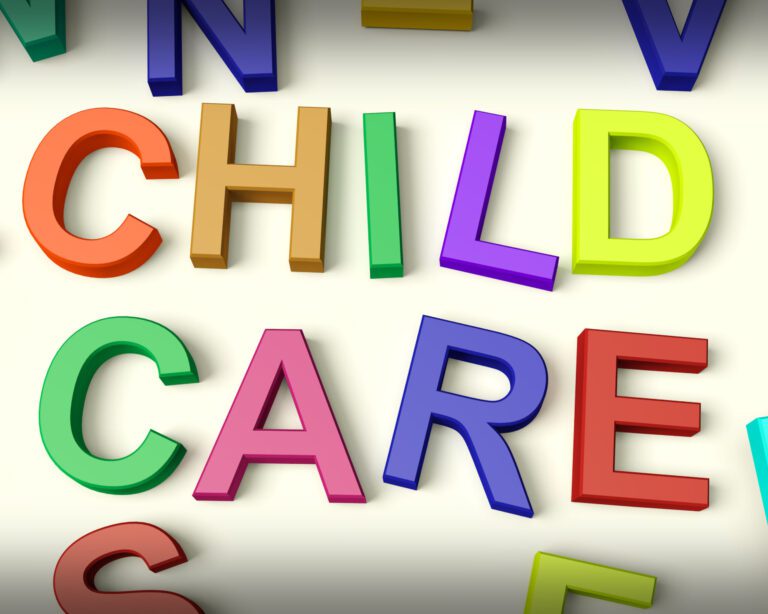Nevada Legislative Session: Budgetary Challenges and Growing Needs
The Nevada legislature convened on February 18 for a budget hearing with the Department of Health and Human Services (HHS), where members were introduced to the state’s mounting challenges in health and welfare services.
Economic Context and Legislative Concerns
As Nevada grapples with economic uncertainty exacerbated by federal policies and an elevated unemployment rate—the highest in the nation—lawmakers face a daunting task. Under Governor Joe Lombardo’s leadership, the state is navigating the complex political dynamics that linger from the prior administration’s policies. The impacts of increasing tariffs, particularly those imposed by former President Donald Trump, are being felt across various sectors, prompting concerns about a potential recession, as reported by Bloomberg. The stock market’s recent downturn underscores this rising anxiety.
Impact on Welfare Programs
During the February meeting, HHS officials discussed the significant uptake in food assistance programs, projecting over 300,000 Nevada children to require access during the summer, with estimates increasing to 350,000 in the following fiscal year. This anticipated surge highlights the pressing need for effective support systems, particularly as resources from the Biden administration dwindle.
Additionally, the demand for affordable childcare has intensified, with funding reductions leading to approximately 5,500 children being removed from Nevada’s Child Care Development Program. This program, which had previously catered to over 13,000 children, is now severely limited, as state authorities anticipate a budget that will support only 7,500 recipients.
Administrative Changes and Challenges
In response to these funding constraints, HHS has decided to consolidate oversight of childcare services in Southern Nevada, transitioning management from the Las Vegas Urban League directly to the state. This shift is accompanied by requests for more personnel to tackle potential fraud and the introduction of a new computer system to enhance operational efficacy, addressing previous issues with outdated technology.
Deputy Administrator Lisa Swearingen articulated these needs during the hearing, underscoring the importance of addressing systemic inefficiencies while also managing the increase in fraudulent activities linked to the welfare programs. Thompson has noted the emergence of sophisticated fraudulent tactics, such as the use of artificial intelligence to create false documents. Nevertheless, he emphasized that actual fraud perpetrated by benefit recipients is minimal, with the majority of conscientious applicants applying truthfully.
Looking Ahead: The Challenge of Affordable Childcare
As the legislative session progresses, the crunch on welfare programs and childcare resources is becoming increasingly critical. With over 182,000 children under five in Nevada and only 31% of the required childcare capacity available, the state faces a profound challenge. Lawmakers must confront the realities of balancing economic pressures with the urgent need for social support services.
As the 2025 legislative session unfolds, the implications of funding cuts and resource reallocation will likely continue to resonate within Nevada’s communities, particularly among families struggling to meet basic needs.


